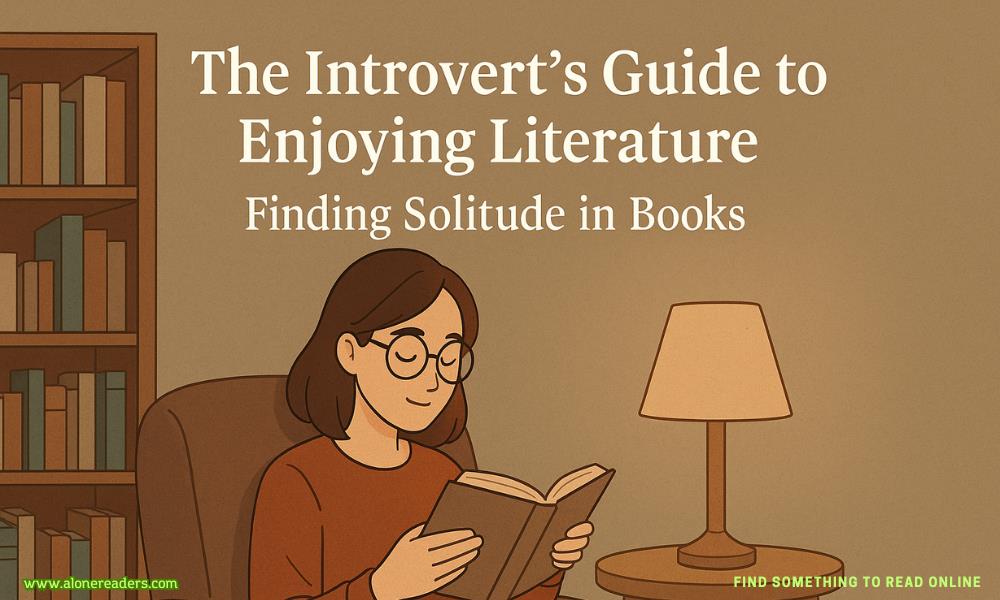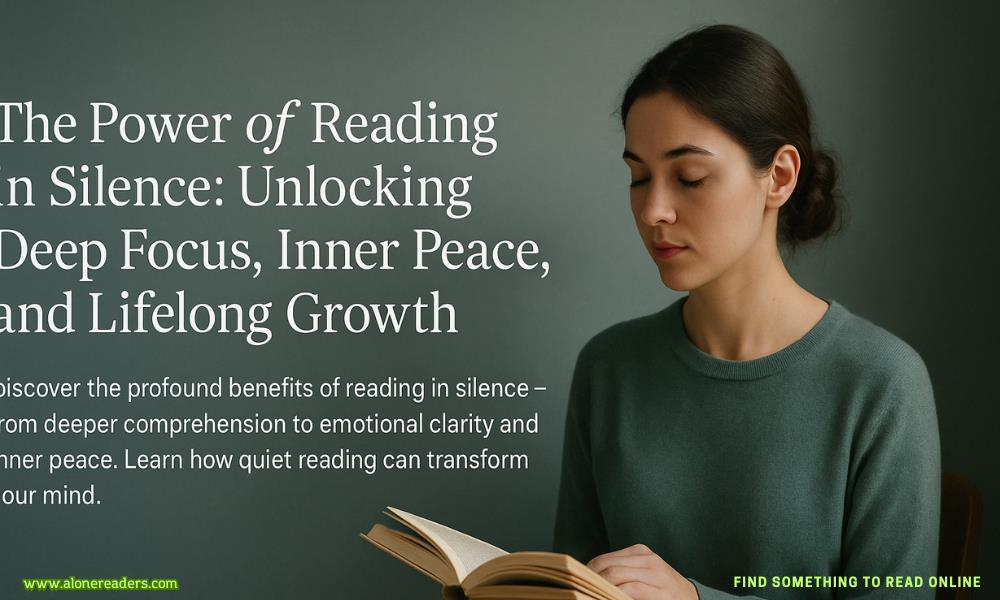Page 80 of Kill Your Darlings
She went into the house, expecting to see her mother in the kitchen, but she wasn’t there. She stood still, listening, suddenly convinced that her father would amble through the house, alive again. Where was her mother? Probably in the bedroom, lying down. Wendy decided to go look at her father’s body in the tub, maybe not close up, but there was still this part of her that didn’t really believe he was gone. She needed to see him.
When she reached the bathroom door, it was slightly ajar, and she put her hand against the door to push it open. But then she saw her mother kneeling by the tub, her knees on the shaggy pink bath mat, her hands on the edge of the yellow tub. From Wendy’s angle she couldn’t see her father’s body. Only her mother, who looked as though she were praying. Wendy, frozen, just watched. And then her mother spoke, looking down into the tub. Her voice was quiet, but Wendy was pretty sure she could make out the words. Her mother said, “I’m sorry, darling. I had no choice. The old you would have understood.”
Wendy backed quietly away from the door and went back outside to the yard. She stood still for a while, just going over her mother’s words in her mind, searching for a way to feel about them. Eventually, a long, dark car came from the morgue. Wendy didn’t see the body being moved from the house to the hearse, but Alan came and told her that their father was no longer in there.
They’d only been living in the town of Tabernash for a year, but Rose arranged a service, and some of Frank Eastman’s new friendscame, along with a number of churchgoers, who maybe only came for the free buffet after the service. The only person to fly in was her father’s brother, George. He came for only one day and stayed at a local hotel. Before leaving he’d given Wendy a hundred-dollar bill, and she thought that she’d probably never see him again.
After the funeral Alan went to visit his new girlfriend, the daughter of his boss, at the horse stables, and Wendy took a walk with her mother. She could feel her mother’s tension on the walk, and Wendy waited for her mother to tell her what she’d done. To confess.
“Have you thought about if you want to finish out this school year here in Tabernash?” her mother said.
“It doesn’t make any difference to me. But Alan will want to stay.”
“Yeah, I thought we’d stay for him. It’s his senior year. And then maybe we’d all move somewhere new, or you and I will. It’s not like you kids aren’t used to moving.”
“Where did you want to go, Mom?”
“You probably don’t remember, but when you were about five, we all spent a summer in Lander, Wyoming. Your father’s friend Nate Rutherford was living there at the time and he offered your dad a job at his hardware store.”
“I remember Wyoming.”
“Do you really?”
“We lived in a log cabin, like inLittle House on the Prairie.”
“Right. Sort of. Anyway, the point of the story is that I thought Lander was the prettiest place I’d ever been, and maybe we could move back there. I can work, and you can finish school, and if Alan decides to come along, there will be plenty of horse ranches for him to work at.”
“He’s pretty into Deidre. I doubt he’ll leave.”
“Well, that will be up to him. But you’d come, right?”
“Of course. It sounds nice,” Wendy said.
“Hopefully, you’ll have a better year next year than this one has been.”
It took Wendy a moment to realize that her mother was not just talking about her father, but also about her time in California.
“Can’t be worse,” Wendy said, then, to change the subject, quickly added, “Maybe you’ll find a new husband in Wyoming?”
Her mother laughed, and said, “I’m done with husbands. But I think I would like a dog.”
“Are you sad that Dad died?” Wendy found herself saying.
Her mother laughed, said, “Oh, honey. Of course I’m sad. You don’t think I am?”
“I don’t know. I guess I know you’re sad but maybe, also, things weren’t so great between the two of you.”
They had turned around at the elementary school, empty on a Saturday, and begun to walk back. Her mother said, “Well, his life wasn’t going well for him. You knew that, right?”
“I know that he drank too much.”
“He did. That was the biggest part of it. He couldn’t hold a job, and sometimes I worried about what he might do when he’d had too much to drink.”
They were silent for a moment and Wendy wondered if she was supposed to say something, but then her mom continued: “I want you to have good thoughts about him going forward. He was good to you and Alan when you were young. Sometimes people are only good for part of their lives, and then they move on. Or we move on without them.”
“I know,” Wendy said.
“The happiest people are the ones who are able to forget the past. Don’t be sentimental about people, I guess is what I’m saying.”
- Lily and the Duke by Carole Mortimer
- Claimed By Daddy by J.L. Quick
- Room One Hundred and Twenty-Five: All Access by Layne Daniels
- Pleasing Him by S.E. Law
- Knocked-Up Bratva Bride by Veda Rose
- A Touch of Fate by Cora Reilly
- Tamed By A Knight by Lena Little
- Forced & Knocked-Up Bratva Bride by Lexi Carter
- Forced Innocent Bride By the Bratva by Lexi Carter
- Chain Me by Bianca Cole
- Dirty Little Sinner by Samantha Barrett
- Sinister Promise by Zoe Blake
- Black Flag by Shey Stahl
- Happy Hour by Shey Stahl
- How to Deal by Shey Stahl
- Love Complicated by Shey Stahl







